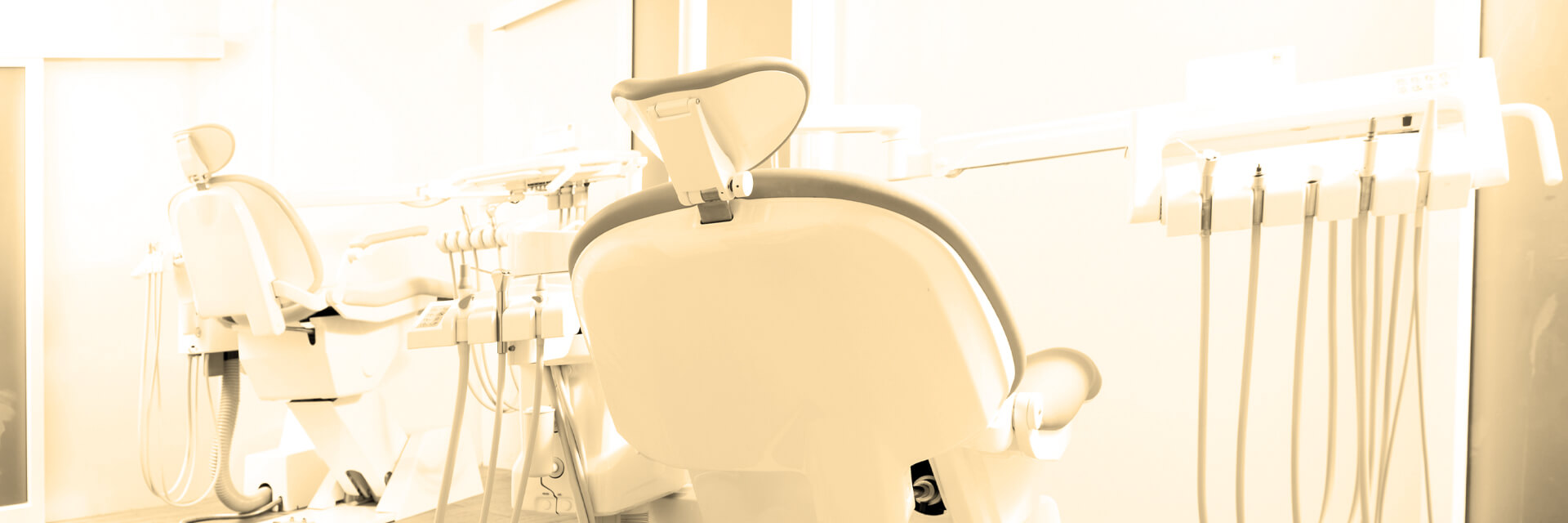
The LOI: Making the Dental Practice Purchase Letter-Perfect
- Published
- Mar 2, 2021
- By
- Erick Cutler
- Share
After years of training and scrimping and saving, you are finally ready to buy your own dental practice. But before you get down to brass tacks, it is generally advisable to have your attorney draft a letter of intent (LOI) spelling out some of the key terms. This is the purpose of the first stage of due diligence that you must conduct to ensure that you won’t be taken to the cleaners.
The LOI is typically issued and signed before the formal due diligence period begins. However, there should be preliminary due diligence before the LOI is issued to help the potential buyer determine what price they want to include in the LOI.
Fortunately, you don’t have to navigate this minefield on your own. With assistance from your attorney, you can meet the challenges. Once you move past this stage of the process, other professional advisors – including your accountant – will provide the guidance you’ll need.
Although the LOI generally isn’t legally binding, it lays out the basic groundwork for the purchase. Your lender will require the letter before proceeding with the lending process. It’s important to present the critical matters upfront and negotiate any issues that could become an obstacle. Once you proceed to formal contract negotiations, it may be more difficult to modify certain aspects of the letter.
Of course, the LOI will establish the price for buying the practice, but it goes much further. Following are some of the key terms that may be included.
- Accounts receivable (and purchase schedule): The letter can specify if accounts receivable (AR) will be acquired and if any discounts will be applied.
- Assets: List all the assets that will be included in the sale as well as those that will specifically be excluded.
- Debts: The letter should clarify that the buyer is acquiring the practice free of debt and that the seller remains responsible for any outstanding patient credits.
- Noncompete agreement: Does the seller expect to continue to practice? A noncompete may provide geographic restrictions based on a term of years.
- Real estate: Typically, the buyer will intend to engage in a lease for the office space or arrangements may be made to buy the building.
- Access: Describe the parameters for when the buyer, and his or her team of professional advisors, will have access to the practice to conduct due diligence.
- If the seller is going to continue working for the practice in some capacity, specify the general terms for the employment arrangement.
- Transition terms: Letter to patients, post-transition consultation
- Restrictive covenants: Include the distance away in terms of miles and time that the seller may practice and include language about recruiting current employees.
- Time: Establish an anticipated closing date for the sale (although this will likely change). Also, set an expiration date for the LOI—you don’t want the process to drag on forever.
Is that all there is? Not by a long shot. The LOI may also cover other terms that are specific to the practice or any extenuating circumstances.
The LOI is a good indicator as to whether you will eventually consummate the purchase. If you can’t agree on the basic terms of the deal now, you’re not likely to progress much further.
Finally, keep in mind that an LOI can facilitate a smooth transition. Each term that is agreed upon in the letter is one less term that must be negotiated down the road. Therefore, the more detailed the LOI is, the better. The LOI is a critical component of a successful purchase of a dental practice.
Launching your own dental practice is an exciting venture. A team of experienced advisors will help ensure a successful practice and help you avoid costly mistakes. Watch for our upcoming Guide to Buying a Dental Practice.
What's on Your Mind?
Start a conversation with Erick
Receive the latest business insights, analysis, and perspectives from EisnerAmper professionals.







